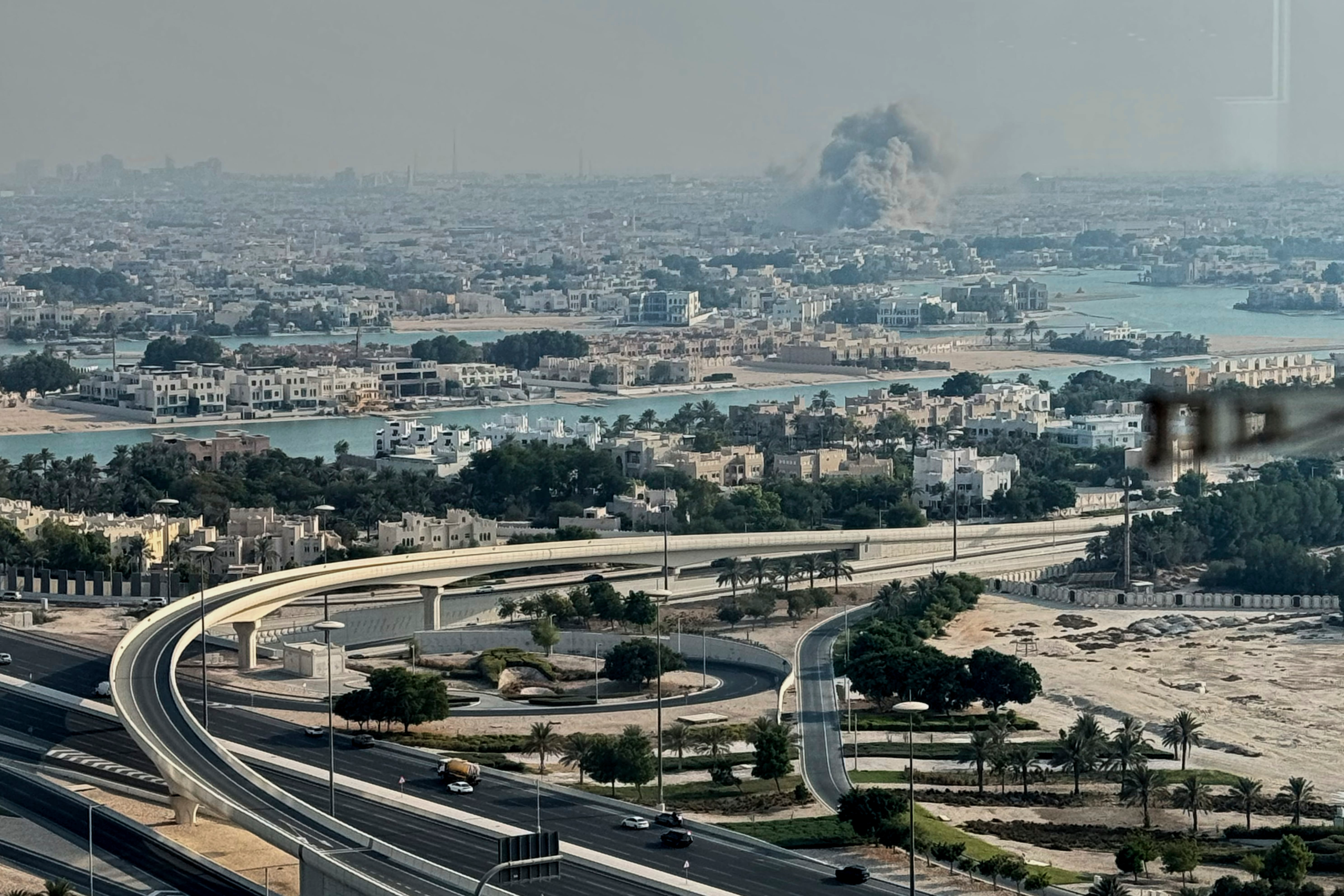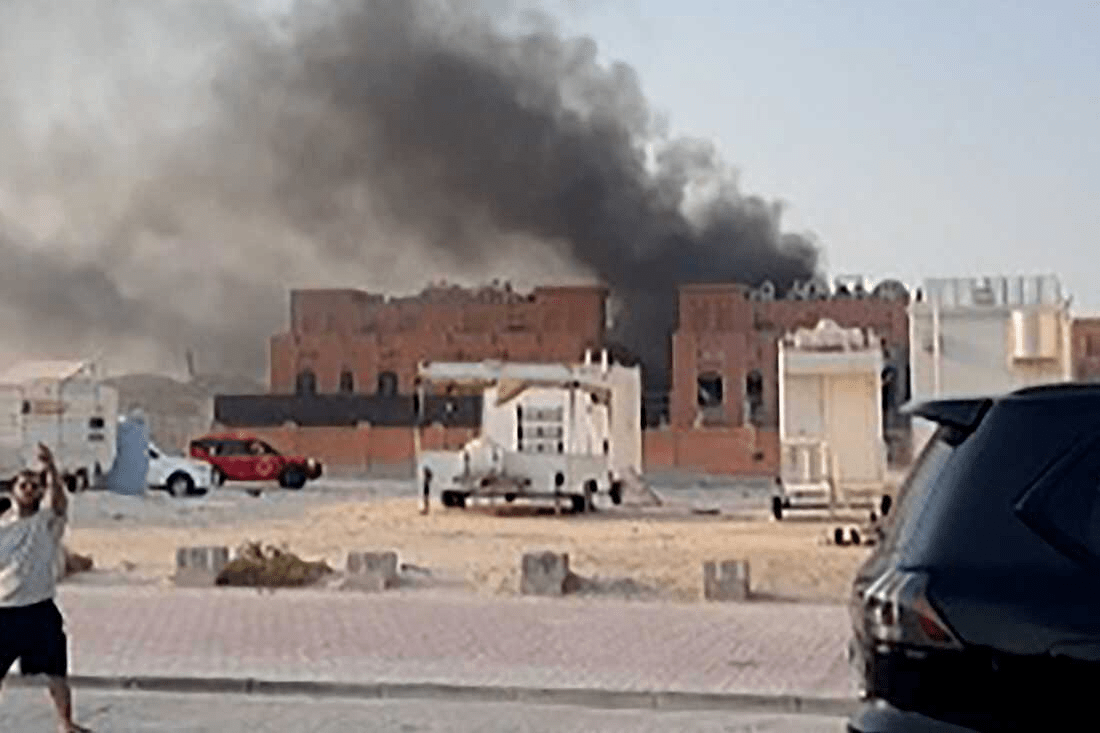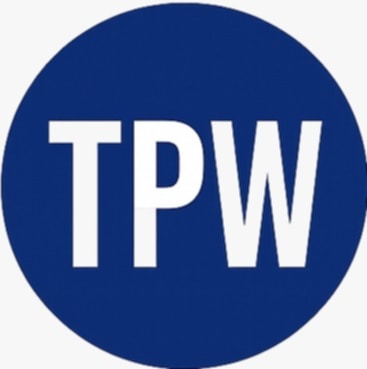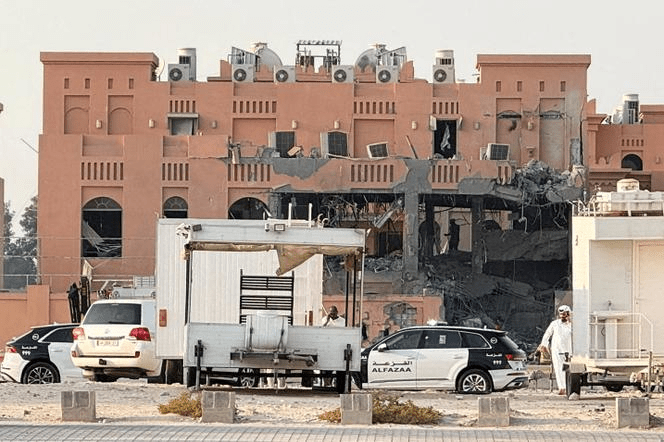Blasts in a Mediation Hub
Explosions in Doha targeted senior Hamas figures based in Qatar, a state that has served as a key mediator in Gaza ceasefire talks. Israeli officials framed the operation as an effort to pressure Hamas leadership; Doha condemned the attack as a grave breach of sovereignty. Initial reports indicated several fatalities among Hamas members, while top political leaders survived.

Negotiations Under Strain
The strike jolted fragile negotiation channels at a moment when diplomats were seeking incremental steps toward a hostages-for-truce framework. Mediators fear the attack will harden positions on both sides, narrowing room for compromise and complicating any sequencing of releases, pauses, and verification measures.
Regional Ripple Effects
Gulf capitals weighed the risks of escalation on their doorstep, including potential blowback on security cooperation and energy markets. Washington and European partners urged restraint, mindful that miscalculation could spill beyond Gaza. Analysts note the venue of the strike—inside a mediator state—adds a new layer of diplomatic peril.

What to Watch
Signals from Hamas’ political bureau and Israel’s war cabinet will determine whether interlocutors can salvage a pathway to a sustained pause. Any public conditioning by either party—on prisoner releases, security guarantees, or recognition formulas—will be read as markers of negotiating bandwidth.

 TPW DESK
TPW DESK 









